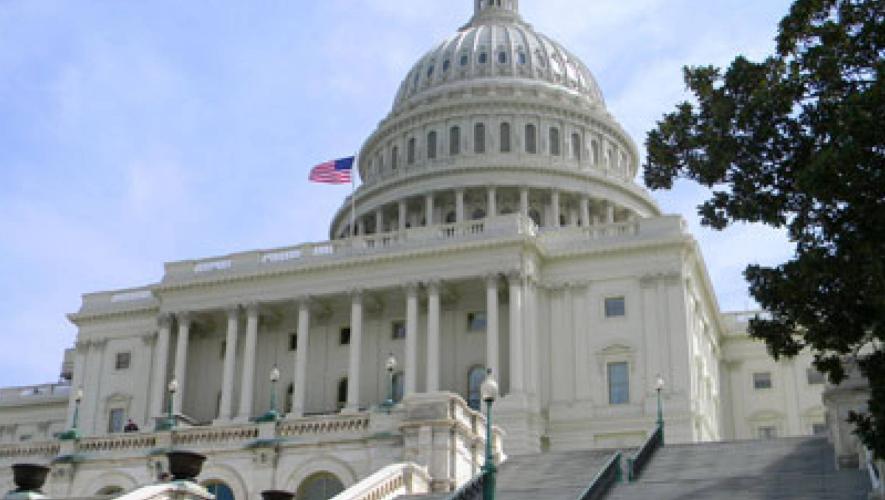The U.S. FAA has gone live with its new Regulatory Consistency Communication Board (RCCB), making good on a key initiative designed to address long-standing complaints from industry about an inconsistent approach to oversight. It released an order outlining the procedures for the RCCB, which will serve as a central board to clarify questions about regulatory interpretations from the various regions and district offices.
The RCCB was one of the recommendations of the industry-government Consistency of Regulatory Interpretation Aviation Rulemaking Committee (CRI-ARC) that was established in 2012 under a congressional directive. Industry groups had turned to Congress for help after businesses expressed concern that inconsistent interpretations of regulations was creating unfair competitive situations, increasing unpredictability in business operations and, in some cases, spurring what was then called “FSDO shopping.”
In the 2012 FAA reauthorization bill, Congress directed the FAA to convene the CRI-ARC to determine root causes of the inconsistency and develop plans to improve it. The CRI-ARC made several recommendations, including for the RCCB.
“The purpose of the...RCCB is to provide an avenue for internal [agency] and external stakeholders to raise issues of policy or regulatory inconsistency,” the FAA said. “Issues brought to the RCCB should involve policy or regulations overseen by the Aircraft Certification Service (AIR) or the Flight Standards Service (AFS).”
The FAA created an online form for industry stakeholders to submit their questions or concerns about regulatory interpretation. It noted that the RCCB differs from its “Consistency and Standardization Initiative,” which is designed as an appeal process for reconsideration of a decision. RCCB queries can be anonymous, but the agency cautions that it will not be able to directly respond in those cases.
The agency also notes that RCCB is not intended to address issues dealing with low-flying aircraft, UAS operation questions, questions regarding accidents or incidents or airline customer service or delay concerns.
“NATA applauds the FAA’s release of the order putting forward the board’s purpose, responsibilities, and how stakeholders are to utilize it,” said John McGraw, director of regulatory affairs for NATA, which was a co-chair of the CRI-ARC. “[Lack of] consistent application of regulations and policy is something that has plagued the industry for a long time. We appreciate the agency’s work with stakeholders to operationalize the RCCB that will provide high level guidance to inspectors and industry on issues where there is difference of opinion in interpretation.”






